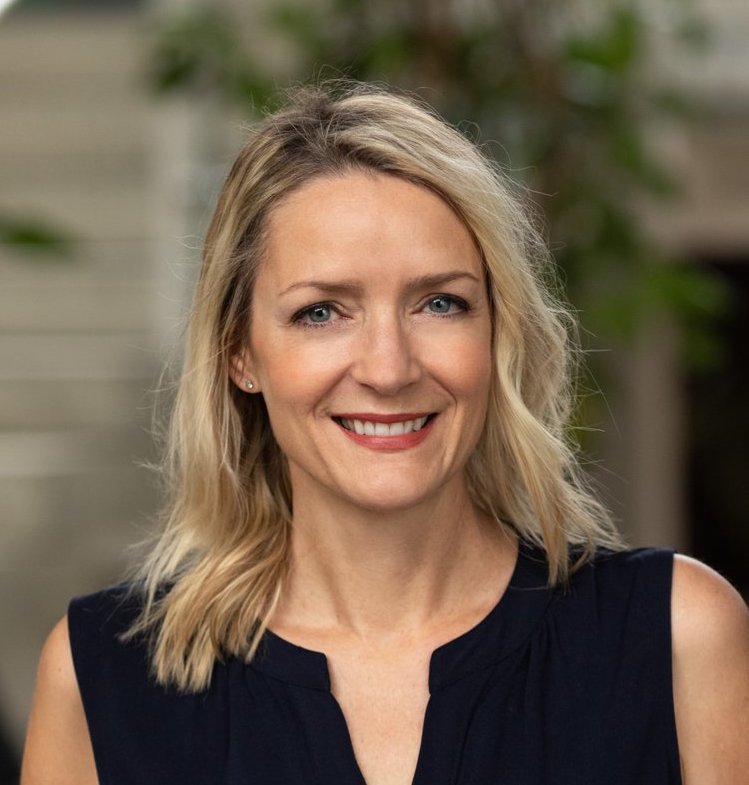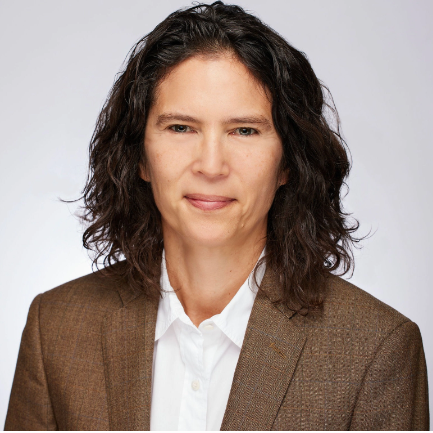Behind the Fight Against Modern Slavery in Los Angeles
/L.A. is a center of human trafficking in the U.S.
Human trafficking is the fastest growing criminal enterprise in the world after drugs, generating $150 billion in profits, according to the International Labor Organization. More than 20 million people are victims of forced labor, around a quarter of them victims of sexual exploitation.
Modern slavery is not a faraway problem, unfolding on shrimp ships in Southeast Asia or brothels in Mexico. It’s thriving in the United States, and especially in cities with large immigrant populations. Los Angeles is an epicenter of this troubling phenomenon. It’s a major entry point for immigrants coming to the U.S. from Asia and Latin America—including many who find themselves trafficked into forced labor or prostitution.
But L.A. is also on the forefront of efforts to combat slavery in the United States, with law enforcement stepping up coordinated work to break up trafficking rings. Just a few months ago, nearly 500 people were arrested in a three-day sting operation in California by 30 law enforcement agencies.
Busting trafficking rings is not enough, though. Another big challenge, here, is helping those who escape bondage to build new lives after experiences that tend to include not just exploitation and abuse, but intense isolation.
This is where CAST comes in, the L.A.-based Coalition to Abolish Slavery and Trafficking. The organization was founded in 1998 after the discovery of 72 Thai workers that had been enslaved for seven years in Los Angeles County. CAST, which was the first anti-trafficking group in the U.S., has since led pioneering work with survivors of trafficking and to raise awareness of this issue. It remains the only comprehensive provider in Los Angeles of services to trafficking survivors, providing victims with help finding housing and navigating emotional, financial, and legal challenges.
In the years since CAST was founded, nonprofits fighting modern slavery at a global level have expanded their operations with the support of such top funders as Google, Humanity United, the Novo Foundation, and the Children's Investment Fund Foundation. Still, dealing with the fallout of trafficking is very localized, high-touch work that requires significant resources.
Related: Funding the New Abolitionism: Who's Giving to End Modern Day Slavery?
CAST has major backers in L.A. and beyond. The group, which is led by CEO Kay Buck, was recognized by the White House in 2014 with a Presidential Award. L.A. Mayor Eric Garcetti spoke at its recent fundraising gala.
That event was the most successful fundraiser in CAST’s history, and the organization is benefitting from increased awareness around human trafficking. But Buck says that “our biggest challenge is always lack of resources.” Like so many nonprofits engaged in direct services, CAST—which has an annual budget of around $4 million—pulls in government grants and raises the rest from private funders, a who’s who of Los Angeles foundations such as the Ahmanson, Parsons, Annenberg, and Hilton foundations.
Ultimately, though, there’s a limited pool of local foundations, and their grants are limited in size. Much of CAST's public and private grant money also comes with strings attached and the group faces the usual struggle of financing its core operations. The government funding is restricted and can’t be used for fundraising and other activities key to growing CAST’s capacity and getting out its message. Moreover, Buck says that while “more private foundations are granting core support, most grants overall are restricted to programs."
Given these limitations, CAST has pushed hard to create the kind of fundraising infrastructure needed to build a larger donor base. Until recently, it didn’t have a development director, with Buck and board members handling most of the fundraising. Beyond the annual gala and mailed appeals, it had limited ways to bring in substantial amounts of unrestricted funding. Last year, CAST hired Nancy Jordan to ramp up its fundraising, with a particular eye on drawing more support from business, where CAST had made few inroads. Jordan was previously at the Los Angeles Development Corporation and brought strong knowledge of the corporate sector to CAST.
The stories of the survivors CAST has helped are extremely moving, and involuntary bondage is the kind of emotional issue that activates donors. But there remains a lack of awareness about trafficking and the organization is still early in the work of educating corporate funders and finding sponsors. Crowdfunding is another avenue it’s been exploring, including as part of a local L.A. giving push last fall on Crowdrise, the online fundraising platform.
As for major individual donors, a shining hero in the CAST funding story is Butch Schuman, who made his wealth in agriculture, producing wine grapes to sell to wineries. Schuman got involved with CAST years ago, and has been the kind of donor that every organization dreams of. Buck says that he’s been a deeply engaged board member, never missing an event and providing support that has “greatly impacted” CAST’s growth.
Schuman was honored at CAST’s most recent gala with its Founders Award. During the event, he reminded the audience what was at stake in the organization’s work—that people were enslaved right here and right now in Los Angeles.
One unfortunate consequence of the Trump administration's immigration crackdown is that trafficked people are more vulnerable than ever. New fears of deportation mean that those who are enslaved are less likely to try to escape their circumstances or report traffickers. At the same time, Trump's proposed budget cuts have brought major new uncertainty to CAST's funding situation. Specifically, Buck points to possible deep cuts to funding under the Victims of Crime Act. She says that such "funding is central to CAST’s programs that provide direct social and legal services to all foreign national and domestic survivors who walk through CAST’s doors for help. Although the administration is claiming that human trafficking is a priority, the federal budget cuts seem to be contradicting this stance."
Like many nonprofits right now, CAST has to think about how to close major new budget shortfalls that could hit the organization any time. One thing is clear: Private funding will become more important than ever in the fight against modern slavery in one of America's biggest metro areas.







































